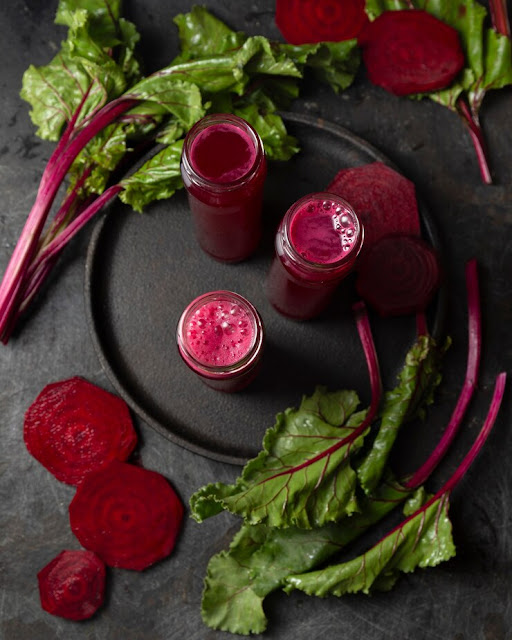World Food Day is celebrated in October 16, 1945 in
Quebec, Canada. WFD is a day of action
against hunger and each year it is celebrated by more
than 150 countries worldwide. People around the world come together on October 16th,
to declare their commitment to eliminate hunger in our lifetime. When it comes to hunger means, the only
acceptable number in the world is zero.
World
Food Day first established in 1979, the creation of the Food and
Agriculture Organization of the United Nations (FAO). It has been observed in
almost millions for people from every country.
Grassroots events and public awareness campaigns are conducted in
North America engage diverse audiences in action against hunger.
In North America, grassroots events and public
awareness campaigns engage diverse audiences in action against hunger.
From hunger walks and World Food Day dinners to meal packaging events and food
drives, there are many ways for people to be a part of solutions to
hunger.
For the official opening ceremony UN Secretary-General Ban
Ki-moon &
the Director-General of FAO José
Graziano da Silva will
be joined by the President of the Republic of Italy and the Italian Ministers
for Agriculture and Foreign Affairs.
The official ceremony will celebrate
FAO’s (Food and Agriculture Organization) 70th
Anniversary and address the theme for World Food Day 2015, “Social
Protection and Agriculture: Breaking the Cycle of Rural Poverty”
A healthy diet is a combination
of protein, calcium, vitamin D, E, K, fruits and vegetables is known to have a
positive influence on bone health for Child and women.











